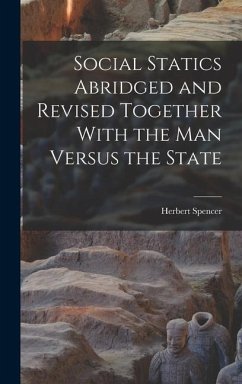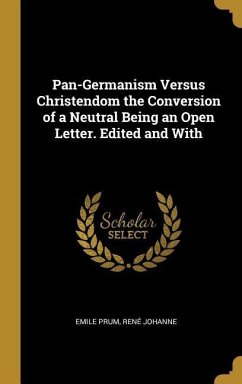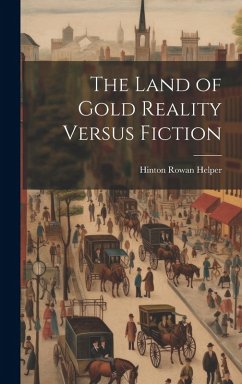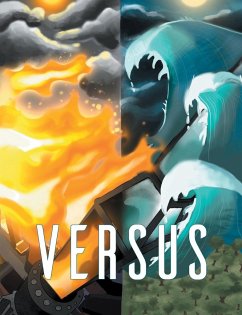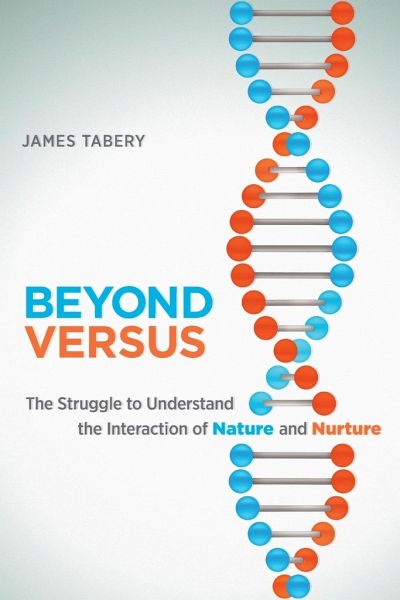
Beyond Versus
The Struggle to Understand the Interaction of Nature and Nurture
Versandkostenfrei!
Versandfertig in 1-2 Wochen
39,99 €
inkl. MwSt.

PAYBACK Punkte
20 °P sammeln!
Why the “nature versus nurture” debate persists despite widespread recognition that human traits arise from the interaction of nature and nurture. If everyone now agrees that human traits arise not from nature or nurture but from the interaction of nature and nurture, why does the “nature versus nurture” debate persist? In Beyond Versus, James Tabery argues that the persistence stems from a century-long struggle to understand the interaction of nature and nurture—a struggle to define what the interaction of nature and nurture is, how it should be investigated, and what counts as evid...
Why the “nature versus nurture” debate persists despite widespread recognition that human traits arise from the interaction of nature and nurture. If everyone now agrees that human traits arise not from nature or nurture but from the interaction of nature and nurture, why does the “nature versus nurture” debate persist? In Beyond Versus, James Tabery argues that the persistence stems from a century-long struggle to understand the interaction of nature and nurture—a struggle to define what the interaction of nature and nurture is, how it should be investigated, and what counts as evidence for it. Tabery examines past episodes in the nature versus nurture debates, offers a contemporary philosophical perspective on them, and considers the future of research on the interaction of nature and nurture. From the eugenics controversy of the 1930s and the race and IQ controversy of the 1970s to the twenty-first-century debate over the causes of depression, Tabery argues, the polarization in these discussions can be attributed to what he calls an “explanatory divide”—a disagreement over how explanation works in science, which in turn has created two very different concepts of interaction. Drawing on recent developments in the philosophy of science, Tabery offers a way to bridge this explanatory divide and these different concepts integratively. Looking to the future, Tabery evaluates the ethical issues that surround genetic testing for genes implicated in interactions of nature and nurture, pointing to what the future does (and does not) hold for a science that continues to make headlines and raise controversy.





